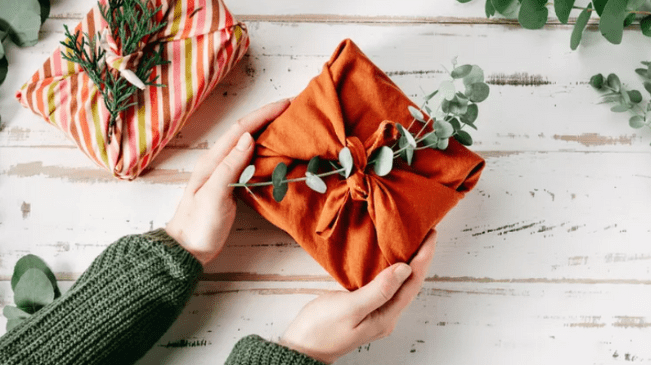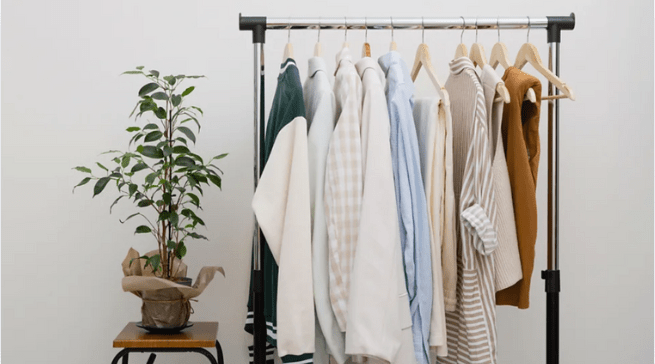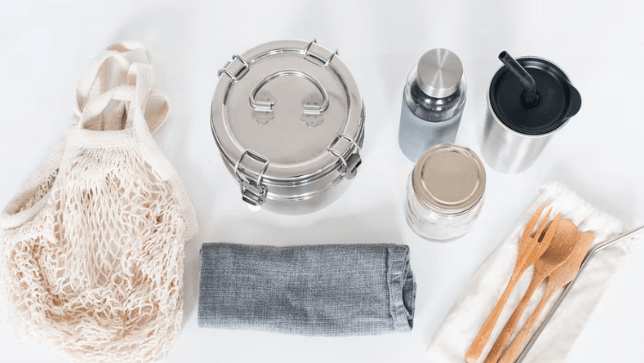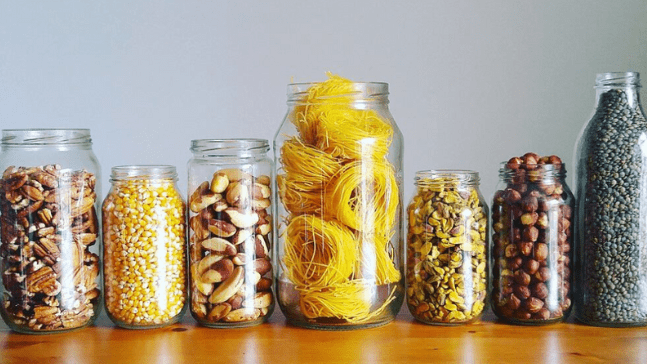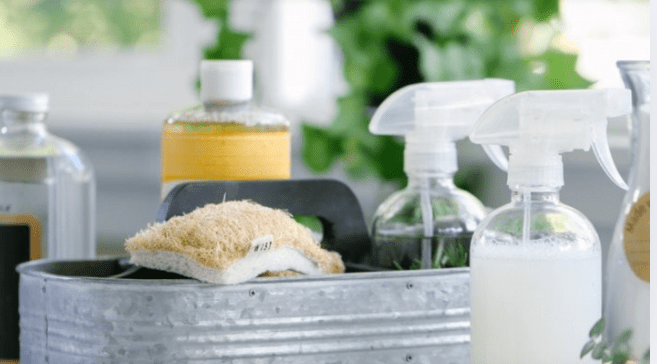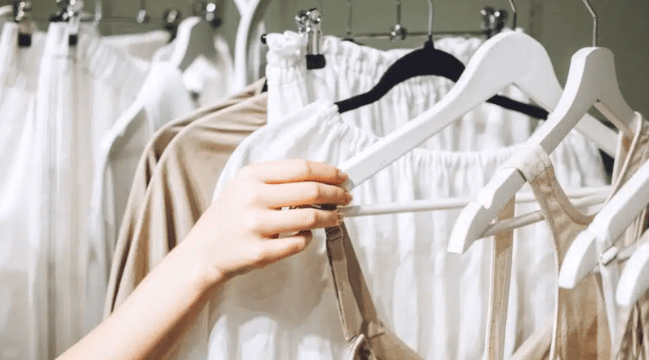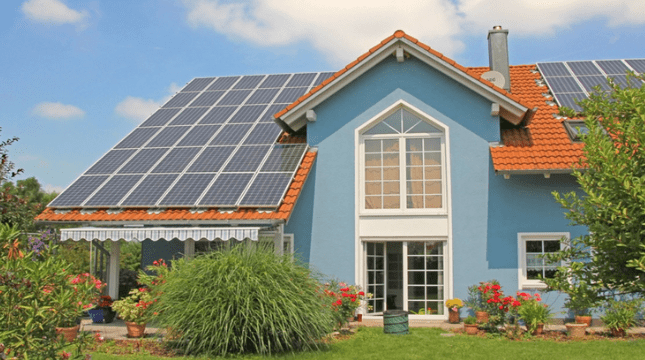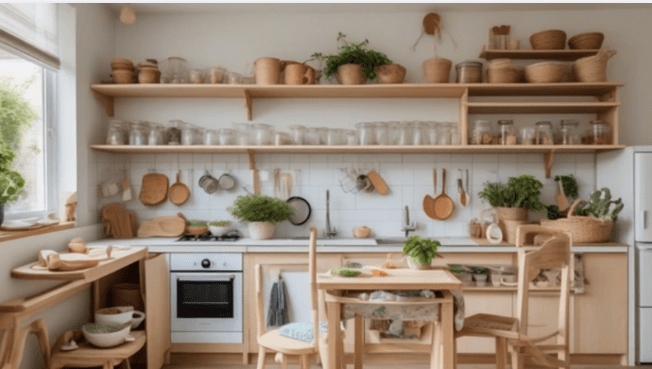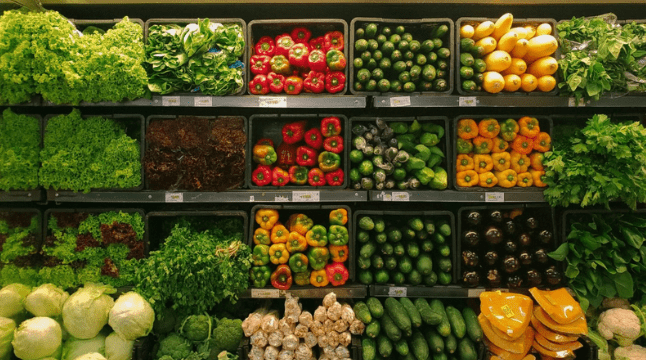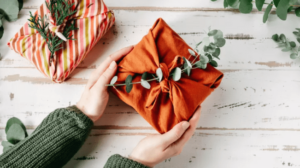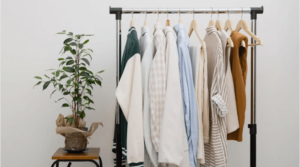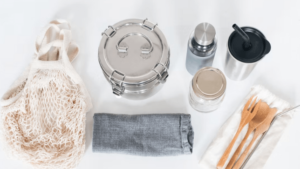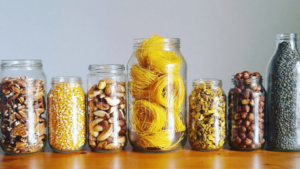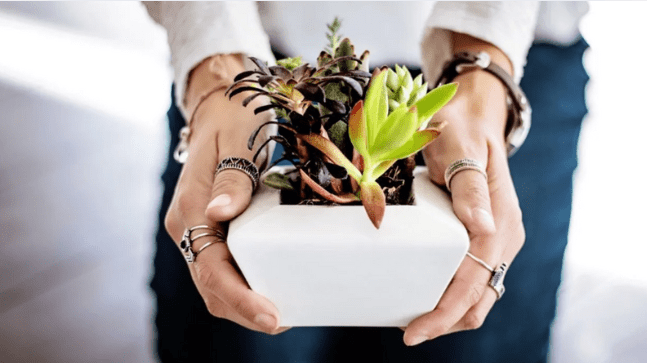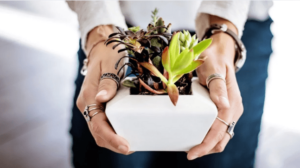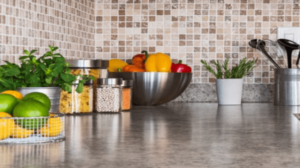In a society on fleek with bath birthed chemicals and piles of plastic waste, embracing the switch to a more natural DIY cleaning product lifestyle isn’t just a fad – but a fab lifestyle choice. What if we told you that you could clean your ENTIRE home with everyday ingredients that are not only healthier for you, your family + your pets – but also healthier for the environment and your wallet too? Whether you’re a clean-queen – someone who loves to clean – or someone fresh of the boat to looking into greener methods, this book gives you the power to make inexpensive and effective cleaning solutions yourself using same stuff you keep around the house.
This article goes deep on the why, the how, and the what of DIY natural cleaners. With the must-have pantry staples to step-by-step recipes for easy, environmentally friendly cleaning for your kitchen, bathrooms, windows and more, (as well as simple tasks to do with kids), you can get started with what you have on hand and keep making your own as you create your own pretty and toxic-free home. Ready to banish toxic sprays and say hello to a fresh, natural, clean house? Let’s get started.
Why DIY Natural Cleaning Products?
Conventional cleaning products are a cocktail of chemicals that have been associated with respiratory complaints, skin irritation, allergic reactions and worst-case-scenario long-term health problems. On top of that, many are sold in single-use plastic packaging that pollutes the environment. Making the switch to DIY natural cleaning products has numerous appealing advantages:
-
Your Family and Pets are Safe
No more worrying about poisonous fumes or inadvertent contact. Unnatural ingredients that are toxic and not safe yet hack your toilet bowl clean. -
Environmental Impact
Earth friendly cleaners biodegrade rapidly and do not pollute water ways. And making your own cuts down on packaging waste significantly. -
Cost-Effectiveness
Lots of good chemicals! Many people have found that putting these ingredients together has helped them save money and their cleaning closets are no longer full of cosmetics. -
Customization and Control
You control what goes into your cleaning solution—no mystery chemicals or allergens. -
Satisfaction and Empowerment
There is a particular joy in making your own cleaning products that are effective and safe and sustainable.
Pantry Staples in Your DIY Cleaning Arsenal
Before you tackle your first DIY cleaning project, be sure to fill your home with these tried-and-true natural staples:
-
White Vinegar – A natural disinfectant and degreaser, vinegar effectively removes grime and makes surfaces shine.
-
Baking Soda: Works as a mild abrasive for scrubbing and also helps in deodorizing and odor neutralizing.
-
Lemon Juice: A bleaching and antibacterial agent that is all natural and smells nice.
-
Castile Soap: Cleans without harsh chemicals; cleans surfaces and more.
-
Essential Oils: Not only do they add scent, but many also have antimicrobial properties; such as tea tree, lavender, eucalyptus, and lemon.
-
3% H2O2: A better natural antibacterial and stain remover.
-
Olive Oil and Coconut Oil: Work well to clean wood and condition leather.
DIY Natural Cleaning Recipes: 9 Ingredients and What to Use Them for How to Make All Natural Cleaning Wipes 10 Homemade Cleaners You Can Make with Ingredients from the Pantry
Here are specific, potent recipes for cleaning every space in your home:
All-Purpose Cleaner
Ingredients:
1 cup water
1 cup white vinegar
10-15 drops essential oil (I used lemon, but you could also use tea tree or lavender)
Instructions:
Combine water and vinegar in a spray bottle, and then add essential oils. Shake before each use. Spray onto countertops, sinks and, tiles and scrub with a microfiber cloth. A word of caution: Don’t use vinegar on natural stone surfaces, including granite and marble.
Glass and Mirror Cleaner
Ingredients:
1 cup water
1 cup rubbing alcohol
1 tablespoon white vinegar
Instructions:
Mix these ingredients together in a spray bottle. To use: Spray on glass or mirrors, and wipe off with a lint-free cloth or news paper for a streak-free shine.
Baking Soda Scrub
Ingredients:
Baking soda
Water (to make paste)
Instructions:
Combine baking soda with water to make a paste. Apply the paste to sink, tub or stovetop and scrub with a sponge or cloth, and rinse clean.
Natural Wood Polish
Ingredients:
1/4 cup olive oil
1/4 cup white vinegar
Instructions:
In a spray bottle or a jar, mix the oil and the vinegar. Use with a clean, soft cloth to clean and bring out natural luster on fine wood furniture and floors.
Carpet Deodorizer
Ingredients:
1 cup baking soda
10-15 drops lavender or eucalyptus essential oil
Instructions:
Combine baking soda with essential oils. Sprinkle generously onto carpets, wait 15-30 minutes, and vacuum well.
Toilet Bowl Cleaner
Ingredients:
1 cup baking soda
1 cup white vinegar
Instructions:
Try adding baking soda and then vinegar in your toilet bowl. Let fizz for 10-15 minutes. Scrub with a toilet brush and flush to rinse.
Floor Cleaner (Safe for Wood and Tile)
Ingredients:
1 gallon warm water
1/2 cup white vinegar
10 drops of essential oil (if using)
Instructions:
Mix ingredients in a bucket. Wipe floors down with a mop or rag. This formula is mild and gentle on most hard floors.
Drain Cleaner
Ingredients:
1/2 cup baking soda
1/2 cup vinegar
Instructions:
Dump some baking soda down the drain and then pour vinegar. Let the foaming action do its thing for 15 minutes. Flush with boiling water.
Mold and Mildew Remover
Ingredients:
1 cup hydrogen peroxide (3%)
Instructions:
Spray moldy areas with hydrogen peroxide (pour hydrogen peroxide into a spray bottle). Allow to sit for 10 minutes, then scrub and rinse.
Laundry Detergent
Ingredients:
1 cup washing soda
1 cup borax
1 bar grated castile soap
Instructions:
Combine well and use 1-2 tablespoons per laundry load. Safe for most washers and stain-removing, naturally.
Tips for Using And Storing Homemade Cleaners
-
Ditch Disposables: Choose glass or BPA-free spray bottles to eliminate chemical transfer and minimize plastic waste.
-
Clear Label: Always label your bottles with the ingredients and bottling date so you can easily track freshness.
-
Test First: Test new cleaners on a small, inconspicuous spot to make sure they won’t harm the surfaces you’re working with.
-
Keep Out of Reach of Children and Animals: Store appropriately.
-
Same is True for Other Cleaners Made with Vinegar – Vinegar based pet cleaners are intended to be used within 1-2 weeks.
10 Household Cleaning Problems Solved by Natural Cleaners
-
Grease and Grime: The acidity in vinegar cuts through grease with ease.
-
Odors: Baking soda doesn’t just mask odors, it neutralizes them.
-
Stains: As a mild bleach, hydrogen peroxide is wonderful at removing stains from fabric and other surfaces.
-
Mold: The natural antimicrobial essential oils (including tea tree oil) stop mold growth.
The Evils You Are Avoiding By Making Your Own Eco-friendly Cleaners
But these DIY cleaners do far more than just provide shiny surfaces: They also help create a healthier home and a cleaner planet.
-
Better for You, Your Family & Planet: No Volatile Organic Compounds (VOCs) or synthetic fragrances. Safe for kids and pets.
-
Less Water Pollution: Ingredients break down and are safe for the environment.
-
Less Plastic Waste: Reusing containers cuts down on plastic waste.
-
Financial Savings: By purchasing staple products in bulk, you can save money over the long-run.
Dispelling Myths On Natural Cleaners
-
Myth: Natural cleansers are less effective than chemical ones.
The truth: When used properly, natural ingredients clean well and are safer when used daily. -
Myth: They can’t disinfect.
Truth: Vinegar and hydrogen peroxide are both disinfectants and can be used on many germs. -
Myth: Making them is fussy.
Reality: You’ll be ready to eat in minutes with a few pantry staples.
Conclusion
Making the switch to DIY natural cleaning products is a win-win for your health, your wallet, and the environment. With basic, inexpensive materials and simple recipes, you can naturally clean and freshen every room in your home. Enter this empowering joy of being able to make your own cleaners – and safely achieve the freshest results nature has to offer. Make the change today, and be a part of the growing campaign for a toxin-free and more sustainable lifestyle.
DIY Natural Cleaning Products: FAQs
Q1: Are these cleaners safe for kids and pets?
A1: Yes, they are a lot safer than commercial cleaners but should be kept out of reach.
Can vinegar be used on all surfaces?
A2: You’ll want to steer clear of vinegar on natural stone like granite or marble as it can do some damage.
Q3: How long do homemade cleaners stay good?
Q3: How long does these batteries last?
Q4: Can essential oils lead to allergies?
A4: Some people can be allergic, test a bit out in case of allergy.
A5: Can natural cleaners substitute for disinfectants during flu season?
A5: Vinegar and hydrogen peroxide both have disinfecting properties — but use health guidelines for a deep clean.
